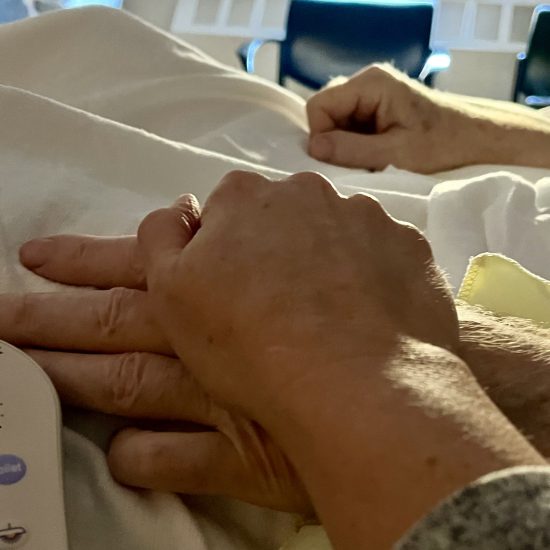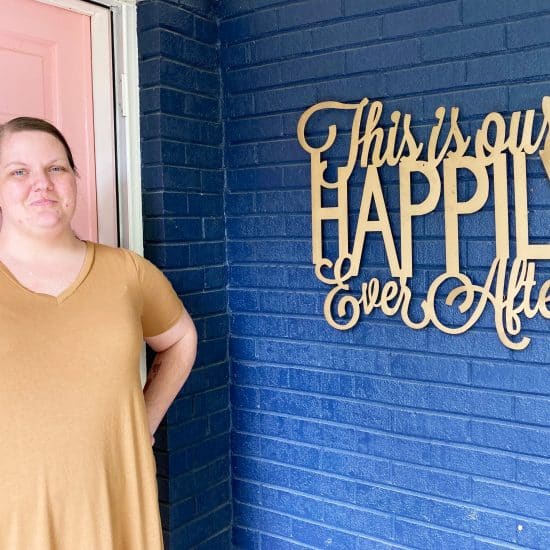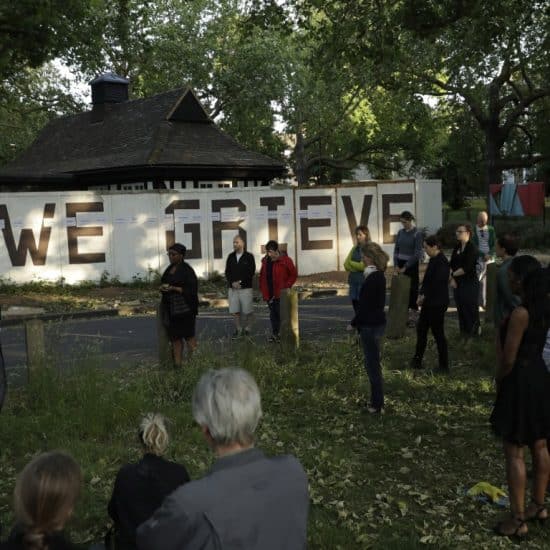Late January marked the 46th anniversary of the death of my 16-year-old brother, Dennis, in a car accident. Forty-six years. If you think all of the grief is gone and my heart has completely healed, think again.
 Doyle SagerObviously, the pain is not as intense. Someone once said that losing a loved one is like losing an arm or leg: you survive it, learn to adapt without it, but the loss is always with you. Most of the grief counseling we receive via websites, books, Hallmark cards and well-meaning advice relates to the immediate loss.More needs to be said about the aging of grief as the years and decades roll on.
Doyle SagerObviously, the pain is not as intense. Someone once said that losing a loved one is like losing an arm or leg: you survive it, learn to adapt without it, but the loss is always with you. Most of the grief counseling we receive via websites, books, Hallmark cards and well-meaning advice relates to the immediate loss.More needs to be said about the aging of grief as the years and decades roll on.
Up until this year, I sent flowers to my parents each Jan. 30, the anniversary of Dennis’ death. But my father died last May, and since Mom had passed away several years ago, a new wave of grief hit me last week: I don’t have anyone to send flowers to.
I still have not brought myself to delete the recurring calendar reminder each Jan. 28: “Send flowers to Mom and Dad.” Right now, it feels as if removing that calendar notice would be just one more loss, one more step away from what was. One more “no more.”
This strikes at the heart of grief. Death doesn’t just rob us of a sibling, spouse or child right now; the loss is permanent. As grief ages, other life events move us farther and farther away from that absent loved one.
One day after Dennis’ funeral, my dad and I were outside taking care of the livestock. Suddenly, my heart came into my throat as I noticed that Dennis had signed his name in the grain dust of one of our large farm machines. And so, I began a new round of anticipatory grief. Someday soon, weather, wind and time would remove my little brother’s signature. One more loss.
All of this set me to thinking. I pastor people who’ve outlived spouse, child or sibling — some by 40, 50 or 60 years. What pain are they silently bearing, as birthdays, anniversaries and special occasions trigger new-old grief? And what could we, the Church, do better in helping these suffering souls mark the anniversaries and tell the stories that need to be shared?
In my sorrow, I need someone to know that Dennis was so mechanically inclined that at the age of 9 he designed a miniature automatic transmission out of an Erector Set. I need someone to know that Dad loved history and despised pretension, and that Mom was a published poet. As the relentless calendar keeps moving us farther from these loved ones’ birth and death dates, I have this urgent need to keep the embers of these stories glowing.
The aging of grief also started me thinking about God’s grief. Since God’s love is even more fierce than that of a mother’s (Isaiah 49:1, 15-16), how could we begin to measure the pain in God’s heart for all the accumulated losses of the universe? How God must weep.
I am also taking a fresh look at the incarnation. What does it mean that our God took on flesh and entered into this world crammed full of losses and painful goodbyes?
With hope, I read about my loving Savior bearing our grief and sorrows (Isaiah 53:3-5). He becomes our Priest, carrying within himself all of our heartache (Hebrews 4:15-16; 7:24-25).
As the years roll on, grief matures and ages. When certain events or memories trigger such grief, don’t ignore it. Sit with it. Feel it. Mourning doesn’t mean your faith is weak. It means you’re human. It means you have loved.
Thank God, it means you’re alive.
Doyle Sager is senior pastor of First Baptist Church of Jefferson City, Mo.






